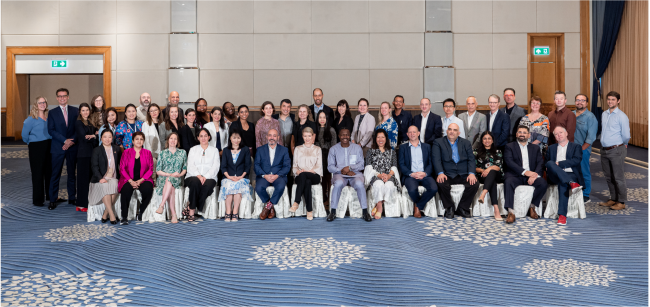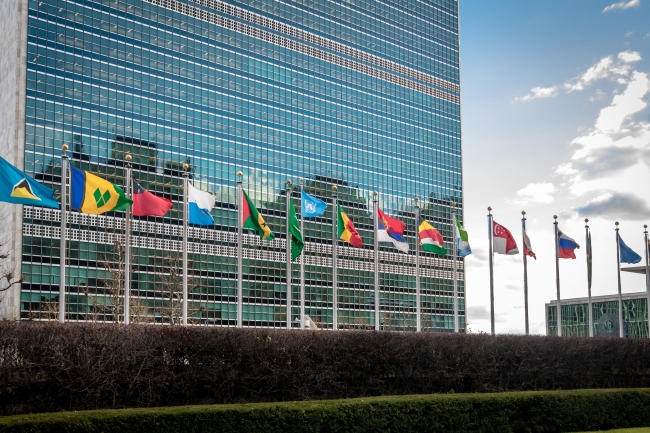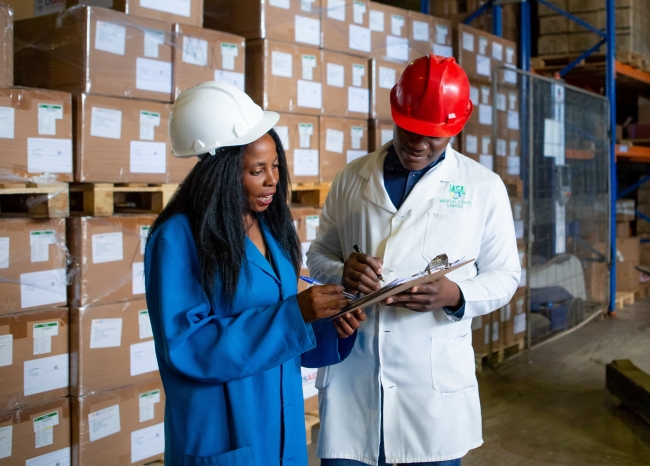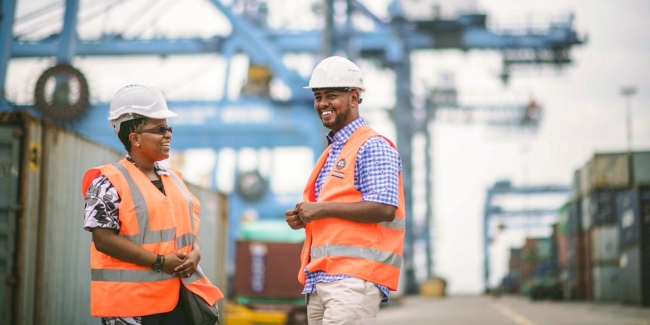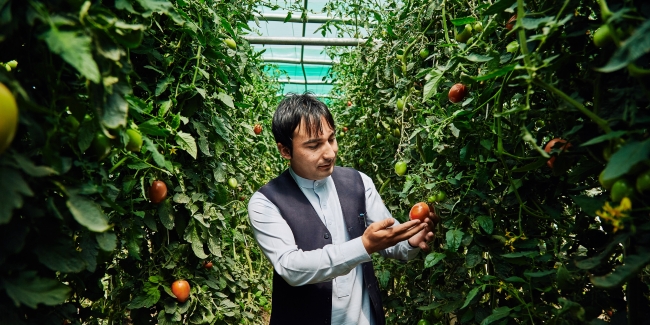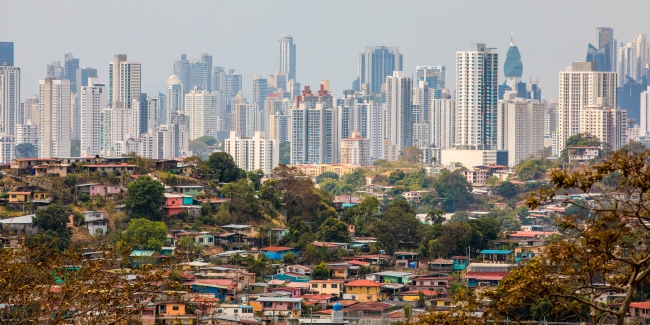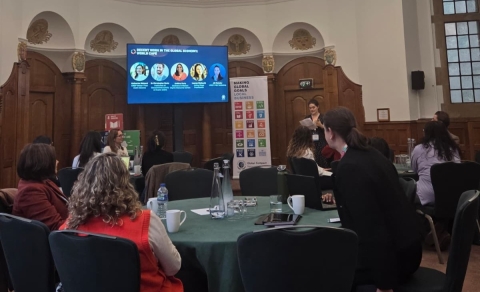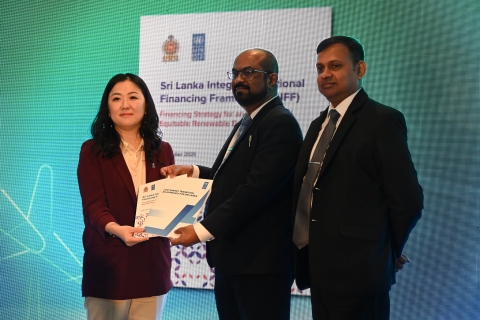UNDP, UN DESA, OECD, EU, Italy and Sweden launch the Integrated National Financing Framework (INFF) Facility to support over 80 countries implementing reforms to bridge the finance divide.
New INFF Facility to benefit highly vulnerable countries to transform national financial systems and crowd in resources for the SDGs
28 APRIL, 2022
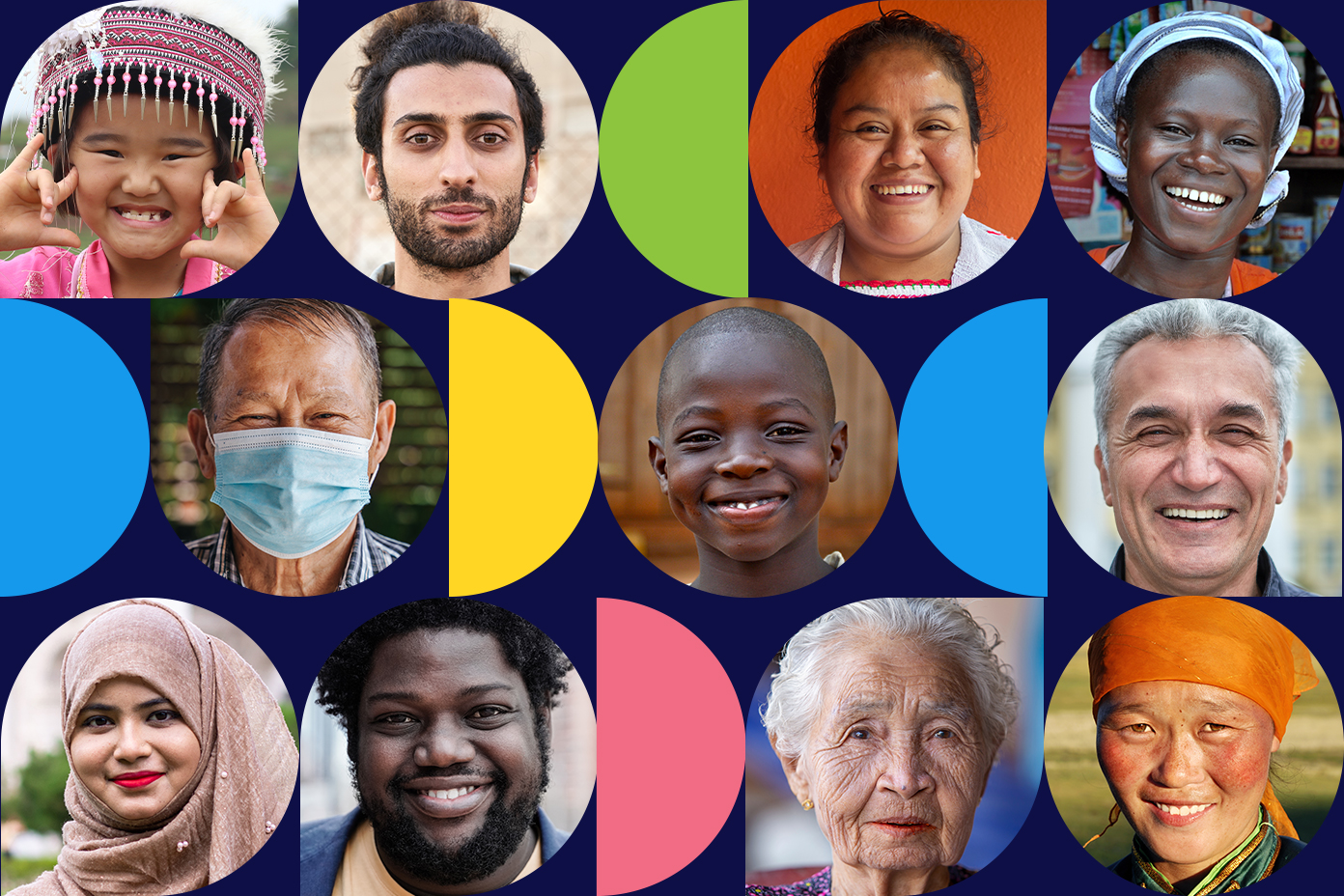
Through INFFs, countries are bringing together public and private actors, civil society and development partners to develop financing strategies, reforms and instruments that increase investment, manage risks and align finance with national sustainable development priorities and the SDGs.
New York –The United Nations Development Programme (UNDP), the United Nations Department of Economic and Social Affairs (UN DESA), the Organisation for Economic Co-operation and Development (OECD), the European Union (EU) and the Governments of Italy and Sweden announced a new joint flagship initiative - the Integrated National Financing Framework (INFF) Facility. The Facility will bring together international partners to align and magnify support to more than 80 countries to channel critical investment to the Sustainable Development Goals (SDGs).
Countries’ efforts to finance SDGs must respond to an exceedingly challenging global environment. The UN’s Inter-Agency Task Force on Financing for Development warns of a deepening finance divide that is driving uneven recovery from Covid-19 in the latest Financing for Sustainable Development Report, launched last week. For one in five developing countries, GDP per capita was projected to remain below 2019 levels through the end of 2023, even before the impacts of the war in Ukraine were felt. About 60 per cent of Least Developed Countries and other low-income countries are at high risk of or in debt distress.
“Although there is enough money in the world to finance the SDGs, it is not allocated in the right places and amounts -- just 20% of global capital is held in developing countries, which are home to 84% of the world’s population,” said Achim Steiner, UNDP Administrator. “To bridge this gap, this new INFF Facility will provide countries with the technology, expertise, and tools they need to implement ambitious financing strategies that will unlock game-changing levels of finance -- allowing countries to take decisive climate action and make future-orientated investments in key areas like nature, literacy, healthcare and sanitation.”
Global challenges require a global response, but ultimately financing flows must fund health, education, infrastructure and other SDG investments at the country level. Accelerating progress towards the 2030 Agenda for Sustainable Development requires coordinated action at the country level to close financing gaps, enhance transparency and align finance with the SDGs. Yet, in many developing countries, there is a disconnect between aspirations and the financing strategies, policies and reforms needed to achieve them.
To bridge this disconnect, over 80 countries are turning to INFFs.
Since being introduced by UN Member States in the 2015 Addis Ababa Action Agenda, the momentum behind INFFs has grown rapidly. INFFs help governments strengthen planning processes and overcome existing barriers to financing sustainable development. Governments use them to consider the full range of financing sources available – domestic and international sources of both public and private finance – and develop strategies to increase investment and manage risk. The UN Joint SDG Fund has supported joint programmes on INFFs in 69 countries since 2020.
“More than 80 countries are taking forward over 250 financing reforms through Integrated National Financing Frameworks. The sheer number and scope of reforms presents an unmissable opportunity to accelerate financing towards achieving the Sustainable Development Goals,” said Jutta Urpilainen, EU Commissioner for International Partnerships.
Many of these reforms are already yielding results. In 2021, the Government of Uzbekistan issued an $870 million SDG bond, mobilising resources for seven SDGs. Cabo Verde launched the world’s first blue economy sustainable financing platform in March 2021. Bangladesh is developing an SDG finance taxonomy and pipeline of SDG-aligned investment projects in renewable energy, climate and water and sanitation. The Mongolian Stock Exchange published ESG reporting guidance in April 2022 to align the operations of over 200 private companies, a $2 billion market capitalisation, with sustainability principles.
With this momentum comes greater demand for support from countries to deliver financing reforms identified through their INFFs. The new INFF Facility seeks to meet this demand by providing tailored, technical support; deepening cooperation between public, private, and civil society actors; and providing a platform for countries to share, connect and learn from one another and access innovative tools, knowledge and guidance.
“We are seeing a growing need to connect country-level demand for support with supply from international partners and other countries,” said Jeffrey Schlagenhauf, OECD Deputy Secretary-General. “The INFF Facility will provide a critical foundation for action and a platform for partners to further step up their support.”
“It’s clear that the INFFs have an important role to play both in the immediate response to the current crisis and in rebuilding better,” said Liu Zhenmin, UN DESA Under-Secretary-General. “The launch of the Facility comes at the right time. Now, more than ever, our focus must be on strengthening partnerships to bridge the finance divide and channel finance to where it’s needed most.”
Note to the editor
UNDP, UN DESA, OECD, EU and the Governments of Sweden and Italy held a virtual launch event for the INFF Facility on the sidelines of the 2022 ECOSOC Forum on Financing for Development on 28 April 2022. The event was moderated by Adva Salinger, Senior Report at Devex and author of Devex Invested, a weekly newsletter that explores the role the private sector and private capital play in development.
About INFFs
Integrated national financing frameworks (INFFs) were first introduced by UN Member States in the 2015 Addis Ababa Action Agenda as a country-led approach to strengthen public and private financing for sustainable development. Through INFFs, countries are bringing together public and private actors, civil society and development partners to develop financing strategies, reforms and instruments that increase investment, manage risks and align finance with national sustainable development priorities and the SDGs.
About the INFF Facility
The Integrated National Financing Framework (INFF) Facility is a joint flagship initiative of the United Nations Development Programme (UNDP), the United Nations Department of Economic and Social Affairs (UN DESA), the Organisation for Economic Co-operation and Development (OECD), the European Union (EU) and the Governments of Italy and Sweden. The Facility responds to the demand for technical support for INFF implementation and provides a platform for countries to share their knowledge and experiences. The Facility’s ambition is to mobilise and channel new resources and partnerships to help countries realise the full potential of their INFFs and accelerate progress towards the SDGs.
Media contact:
UNDP New York – Sangita Khadka, Communications Specialist, email: sangita.khadka@undp.org
UNDP Geneva – Sarah Bel, Communications Specialist, email: sarah.bel@undp.org
*****
UNDP is the leading United Nations organization fighting to end the injustice of poverty, inequality, and climate change. Working with our broad network of experts and partners in 170 countries and territories, we help nations to build integrated, lasting solutions for people and planet.
Learn more at undp.org or follow at @UNDP.

